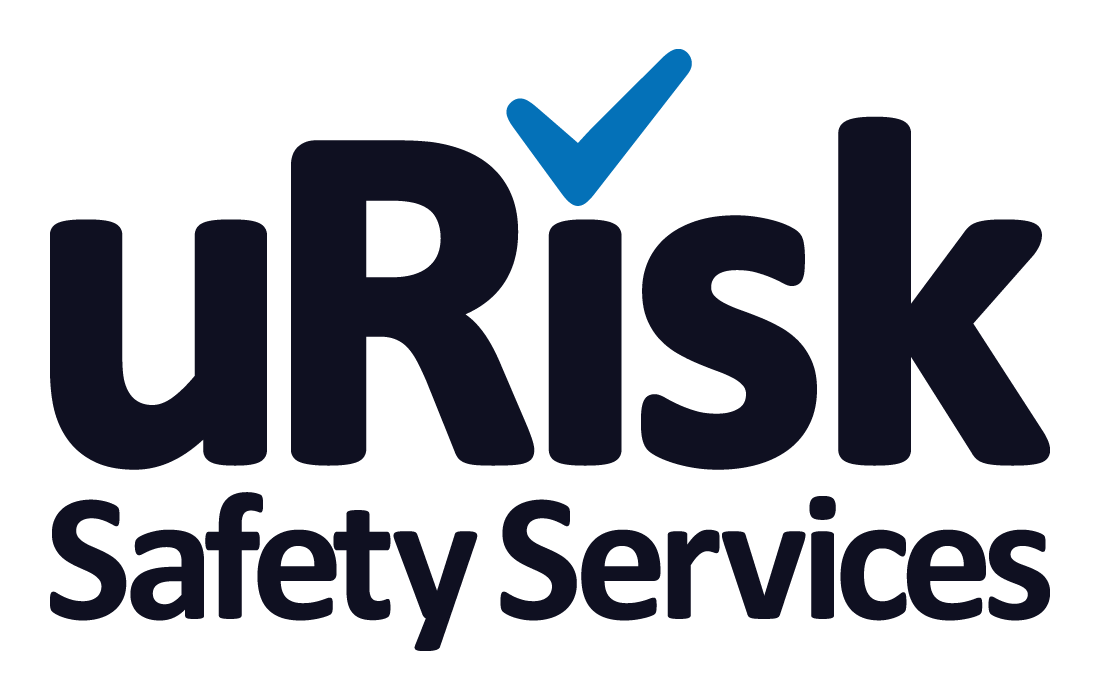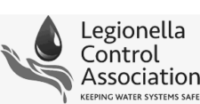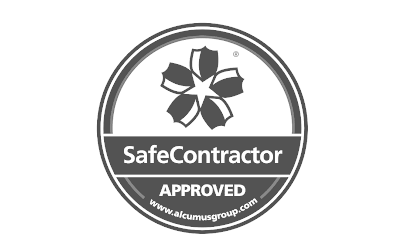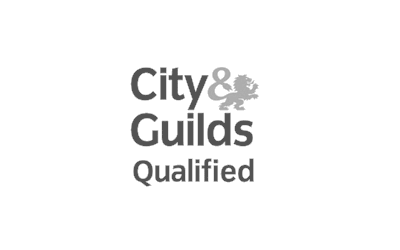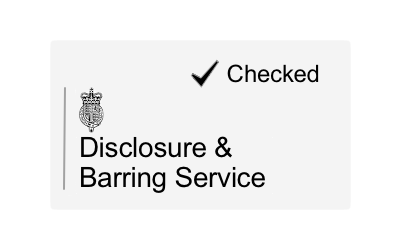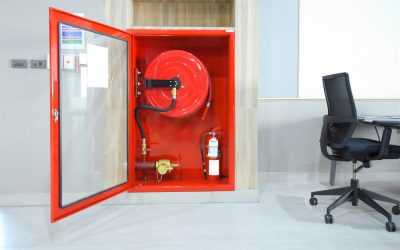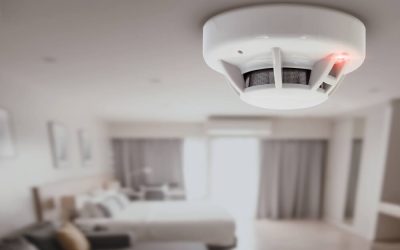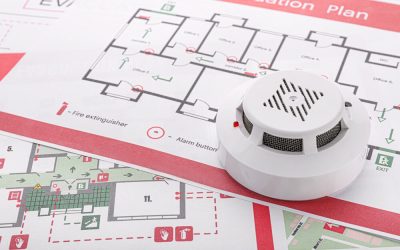What are your obligations if you let out a property or room?
As the landlord of any property – whether you’re renting out a house or flat, renting out a room in your home, or renting out on a short-term basis, such as on Airbnb, you do have a duty of care to ensure the safety of your tenants.
When it comes to Legionella in domestic properties, the risks are low because hot water is used regularly, and cold water comes from the mains supply. Legionella bacteria thrive when water temperatures are between 20-45°C – they are dormant below 20°C and do not survive above 60°C. Most domestic water is either too cold or too hot for the bacteria.
Despite the low risks, it’s a good idea to undertake regular testing which will give you and your tenant’s peace of mind.
When to take extra precautions
If your property has not been occupied for a while, especially in the summer months, there is an increased risk of the legionella bacteria getting the opportunity to establish itself. To reduce the risks, make sure you flush out the system before new tenants move in.
Other precautions include making sure that the hot water temperature is above 60oC, and that any water tanks in the property are covered securely to prevent debris from getting in.
What your tenants can do
Tenants also have a responsibility for their own safety when it comes to the Legionella bacteria. If there are any problems with the hot water system, they need to contact you as soon as possible. They also need to clean the showerhead on a regular basis, even if they use it every day, to prevent limescale build up and keep the water flowing – this leaves less opportunity for the bacteria to take hold.
For more information about the responsibilities of both landlords and tenants when it comes to Legionnaires’ disease, visit the Health & Safety Executive’s website. If you would like to do a legionella test on your property/properties, contact us to find out more.
Legionella and Water Hygiene Blog Posts
Office Fire Risk Assessment
As you would expect, keeping your office safe from the risk of fire is a legal requirement under the Regulatory Reform (Fire Safety) Order 2005. If you are the owner or manager of a business, or landlord of an office building, it is your responsibility to ensure your...
Fire Risk Assessment For Flats
Your legal requirements as a landlord include taking precautions to keep your tenants safe, including when it comes to the risk of fire in flats. As part of the fire safety regulations, fire risk assessments for flats is therefore part of your legal obligation to...
Getting A Risk Assessment For Fire in the UK
As an employer, landlord or facilities manager, it is your legal responsibility to keep everyone who uses your premises safe. A fire risk assessment is an important part of this because it identifies what might cause a fire so you can take steps to prevent one, as...
